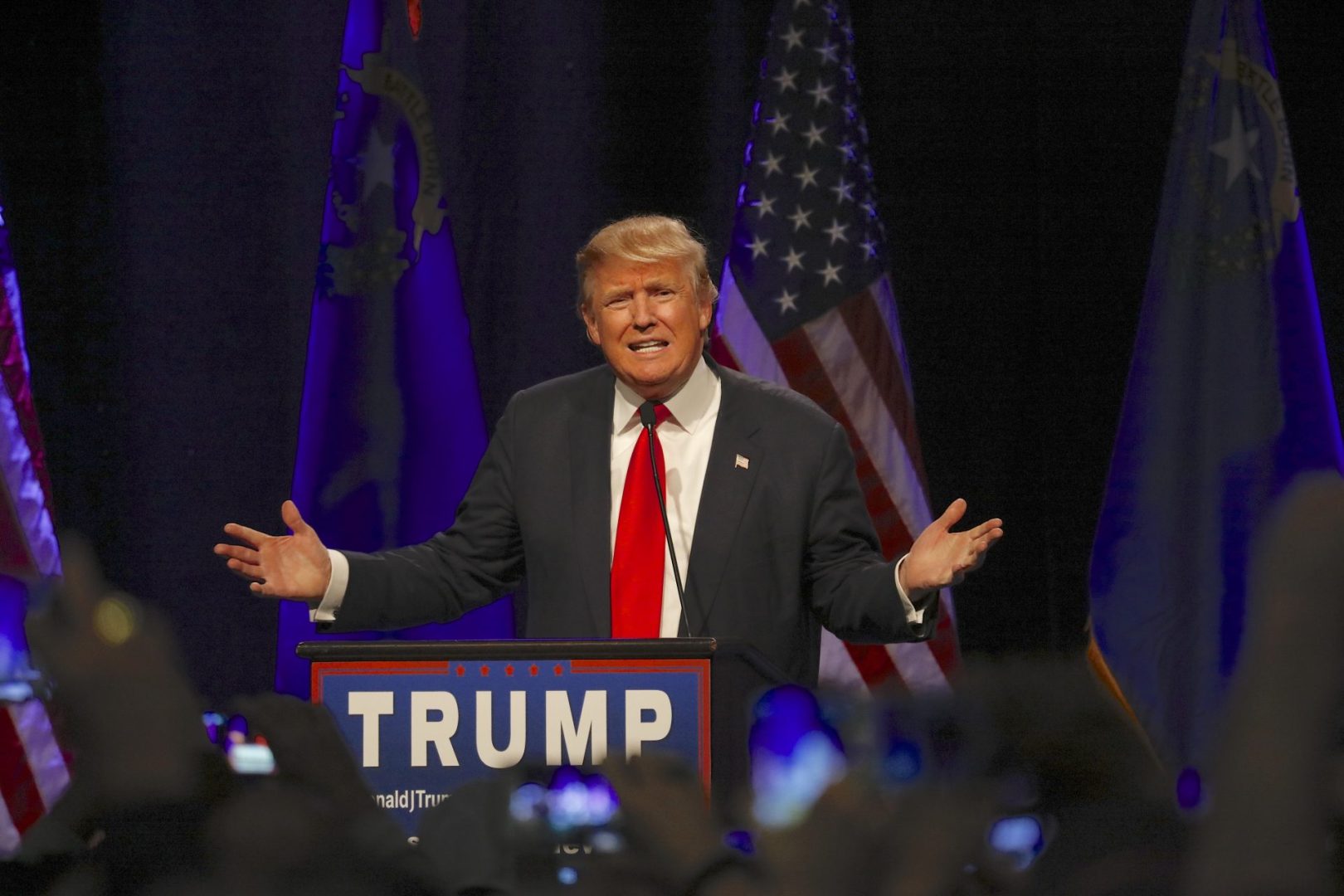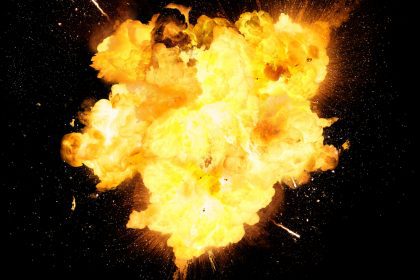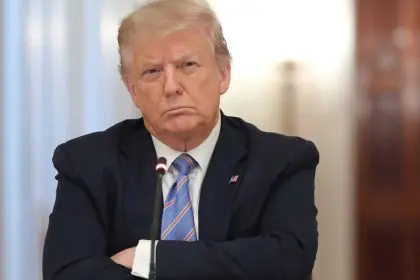The volatile situation between Israel and Iran reached a dangerous new threshold this week as Iran’s supreme leader issued stark warnings against potential American military involvement while President Trump escalated his rhetoric with direct threats against Iranian leadership.
During a nationally televised address on Wednesday, Ayatollah Ali Khamenei delivered an unmistakable message to Washington, declaring that any military intervention by the United States would cause irreparable harm to Americans. The supreme leader’s remarks represent a significant escalation in diplomatic tensions as the conflict between Israel and Iran continues to intensify across multiple fronts.
Iran’s defiant stance amid mounting pressure
Khamenei’s address came as Iranian leadership faces unprecedented challenges from Israeli military operations targeting the country’s nuclear infrastructure and key military installations. The supreme leader praised what he characterized as the steadfast and courageous response of the Iranian people to recent Israeli airstrikes, emphasizing that Iran would resist both imposed war and imposed peace with equal determination.
The Iranian leader’s warning carries particular weight given the current regional dynamics, where Iran’s traditional proxy network has been significantly weakened. With Hamas decimated in Gaza and Hezbollah severely degraded in Lebanon, Iran finds itself increasingly isolated and vulnerable to direct confrontation.
Iranian officials appear to be calculating that they must continue demonstrating their ability to inflict punishment on Israel or risk losing credibility among their own population. Many Iranians have already turned against the ruling clerics, and the regime faces the dual challenge of external military pressure and internal discontent.
Trump’s escalating threats raise stakes
President Trump has dramatically increased the temperature of the conflict through a series of provocative statements on his Truth Social platform. The president demanded Iran’s unconditional surrender while boasting that the United States and Israel maintain total control of Iranian airspace, raising questions about the extent of American involvement in current operations.
Trump’s most striking declaration targeted Khamenei directly, indicating that American forces know exactly where the supreme leader is located. While the president stated he would not order an assassination at this time, the threat itself represents an unprecedented level of direct confrontation between American and Iranian leadership.
These statements suggest a significant shift in American policy toward Iran, moving beyond the diplomatic and economic pressure that has characterized previous approaches. Intelligence sources indicate that Israel believes the United States will eventually join offensive operations against Iran and is currently awaiting formal authorization from Washington.
Regional implications of American involvement
The prospect of direct American military participation fundamentally alters the strategic calculus for all parties involved in the conflict. Such involvement would transform what has been primarily an Israeli-Iranian confrontation into a broader regional war with global implications.
Current American force positioning in the Middle East reflects this evolving situation. The Pentagon has approved significant deployments including aerial refueling tankers, extended carrier strike group presence, and enhanced air defense capabilities for Israel. These movements provide Washington with flexible military options while demonstrating commitment to Israeli security.
The United States faces a complex balancing act between supporting its Israeli ally and avoiding a wider regional conflagration that could destabilize global energy markets and divert resources from other strategic priorities. American involvement would likely accelerate the timeline of the conflict while potentially ensuring more decisive outcomes.
Nuclear dimensions complicate resolution
The nuclear aspects of this confrontation add layers of complexity that extend far beyond regional concerns. Israel’s strikes on Iranian nuclear facilities have significantly damaged Tehran’s enrichment capabilities, but intelligence assessments suggest Iran retains the knowledge and infrastructure to rebuild its program.
The International Atomic Energy Agency has declared Iran non-compliant with Nuclear Proliferation Treaty obligations for the first time in twenty years. Iran responded by announcing plans for a third uranium enrichment site and threatening withdrawal from the treaty entirely, raising concerns about accelerated proliferation risks.
This nuclear dimension means that any resolution must address Iran’s atomic ambitions comprehensively. Half-measures or temporary agreements are unlikely to satisfy Israeli security concerns or American non-proliferation objectives, potentially ensuring continued confrontation regardless of immediate military outcomes.
The convergence of Iranian warnings, American threats, and ongoing military operations suggests the Middle East stands at a critical juncture where miscalculation could trigger consequences extending far beyond the immediate combatants.


















